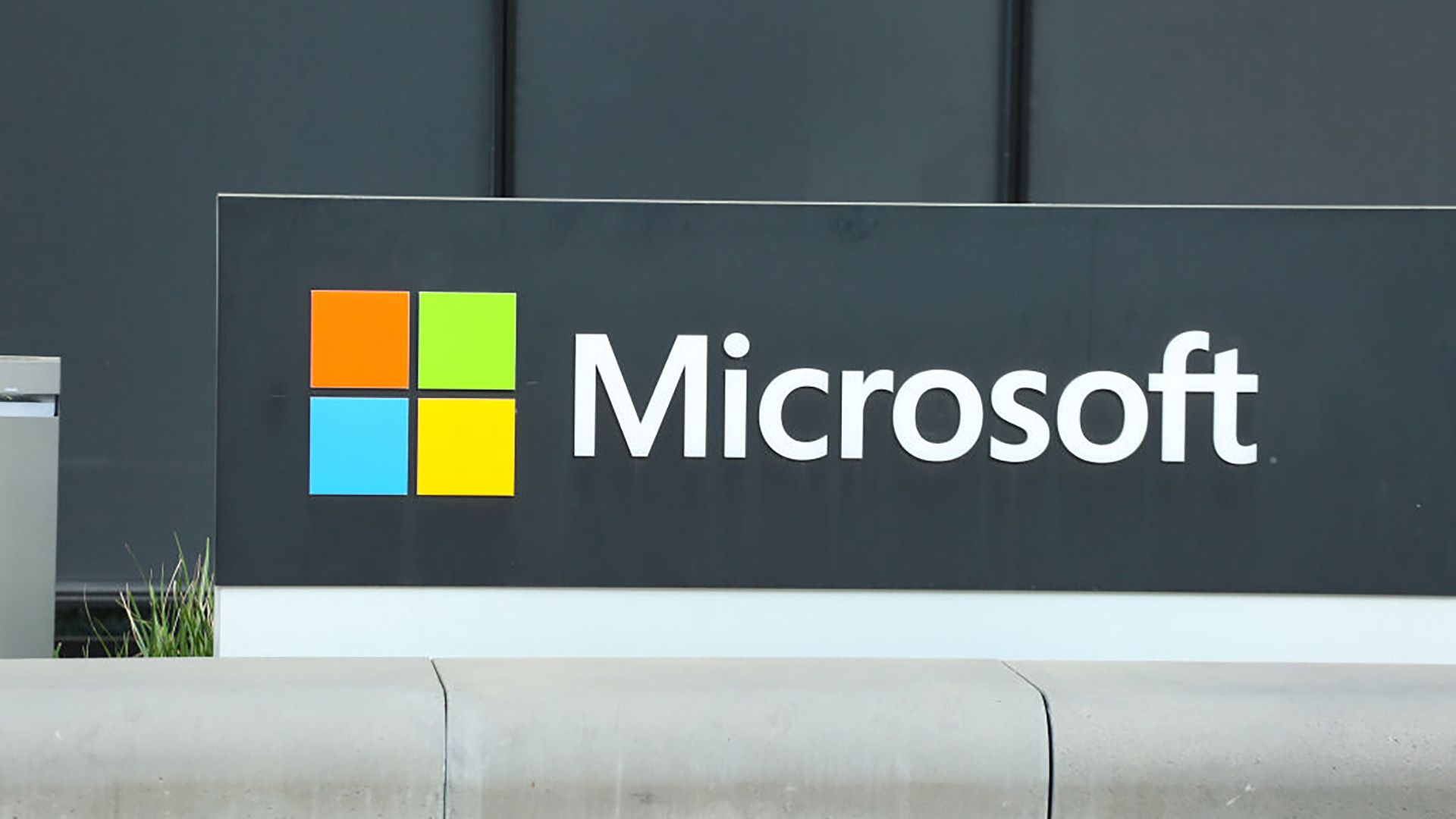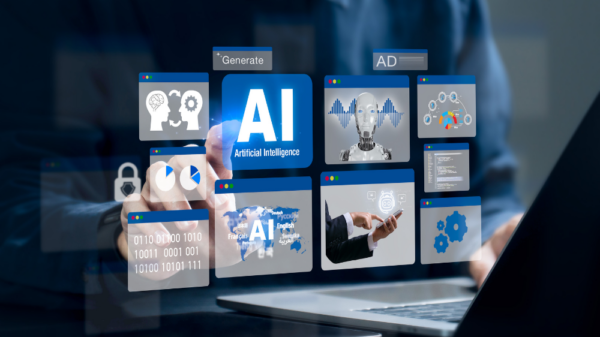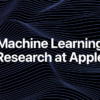Microsoft has unveiled a series of significant updates to its Microsoft Foundry platform, aiming to streamline the creation and management of AI agents across enterprise environments. These enhancements focus on integrating observability, security, and developer pipelines, a move that addresses the growing complexity organizations face as they scale their AI operations.
Among the key updates are new connectors and data unification layers designed to enhance the functionality of AI tools for enterprise customers. Two notable features, Foundry IQ and Fabric IQ, will aid IT administrators and developers in grounding AI agents with relevant enterprise data and monitoring deployed systems.
Foundry IQ is characterized as a next-generation knowledge system that connects AI agents to any data stored in OneLake, incorporating interconnectors for platforms like Amazon S3 and Snowflake. Eric Boyd, the Corporate Vice President of AI Platform at Microsoft, highlighted that this system supports retrieval-augmented generation (RAG), allowing AI agents to access relevant and efficiently-sourced information for accurate outputs. “Foundry IQ is looking to give you a single tool that will help you manage across all these different data sets that you have,” Boyd stated.
Fabric IQ, on the other hand, presents a comprehensive view of deployed systems within a semantic cloud, illustrating their interrelationships within an enterprise environment. Boyd pointed out that many IT organizations now manage thousands of AI agents, leading to increased complexity, reduced oversight, and concerns over costs. He noted, “We would talk to a company a couple of years ago and they would say, ‘I’m struggling to get my first AI application into production.’ Now they say, ‘I have a thousand of them; I don’t know who created this, I don’t know how to manage it, I don’t know how much I’m paying for it.’”
The recent announcements are Microsoft’s response to these challenges, positioning Foundry as a unified platform for the development and management of AI agents and applications. A key feature, the Foundry Control Plane, enhances the capabilities of Agent 365 by offering developers direct control over agent lifecycle management, behavioral guardrails, observability, and policies. This feature is built on Microsoft Defender and Entra Agent ID, enabling IT teams to enforce safety and security measures across their AI agent fleets. “Every agent that gets created using Microsoft tools will be visible there,” Boyd explained, emphasizing the importance of visibility for enterprise IT leaders.
Currently in preview, the Foundry Control Plane will soon integrate with Palo Alto Networks. Additionally, Microsoft is previewing a unified catalog of model context protocol (MCP) tools that includes logic app connectors for third-party services like HubSpot, Salesforce, and SAP, as well as off-the-shelf AI services for transcription and document processing. Developers will also benefit from a unified dashboard to search and manage private MCP tools.
Optimizing Model Selection
Further enhancements include the introduction of a new model router function within Foundry, which is now generally available. This feature automates the selection of the most appropriate AI model for various tasks, focusing on balancing performance and cost. Boyd stressed the importance of this feature for enterprise customers, who often struggle to identify the right models for their applications. “When we first started with this journey a few years ago, there were just like two or three models that mattered. Now we have 11,000 models in the Foundry Model Catalog,” Boyd noted.
The model router helps developers dynamically switch between models based on the complexity of user prompts and the associated costs and latency. According to Microsoft’s early access data, this feature has achieved a 50% reduction in model costs and a 40% improvement in response times. At launch, the model router can choose from several advanced models, including:
- DeepSeek-v3.1
- GPT-4.1 family
- GPT-5 family
- GPT-oss-120b
- Grok-4
- Grok-4-fast
- Llama-4-Maverick-17B-128E-Instruct-FP8
- Llama-33-70B-Instruct
These updates to Microsoft Foundry mark a significant step in enabling enterprises to effectively manage their growing array of AI agents and applications, providing the tools necessary to navigate the complexities of AI at scale.
See also McGill University Health Centre CEO Discusses AI Risks and Tech Adoption Strategies
McGill University Health Centre CEO Discusses AI Risks and Tech Adoption Strategies Check Point Partners with Microsoft to Secure Copilot Studio with AI Guardrails
Check Point Partners with Microsoft to Secure Copilot Studio with AI Guardrails Ceva Shares Plunge 14% Despite Winning 2025 IoT Edge AI Excellence Award
Ceva Shares Plunge 14% Despite Winning 2025 IoT Edge AI Excellence Award US Companies Report 72% AI Risk Disclosures, Up from 12% in 2023 Amid Regulatory Scrutiny
US Companies Report 72% AI Risk Disclosures, Up from 12% in 2023 Amid Regulatory Scrutiny Ferris State University Achieves NSA CAE Accreditation for Secure AI Program
Ferris State University Achieves NSA CAE Accreditation for Secure AI Program




































































